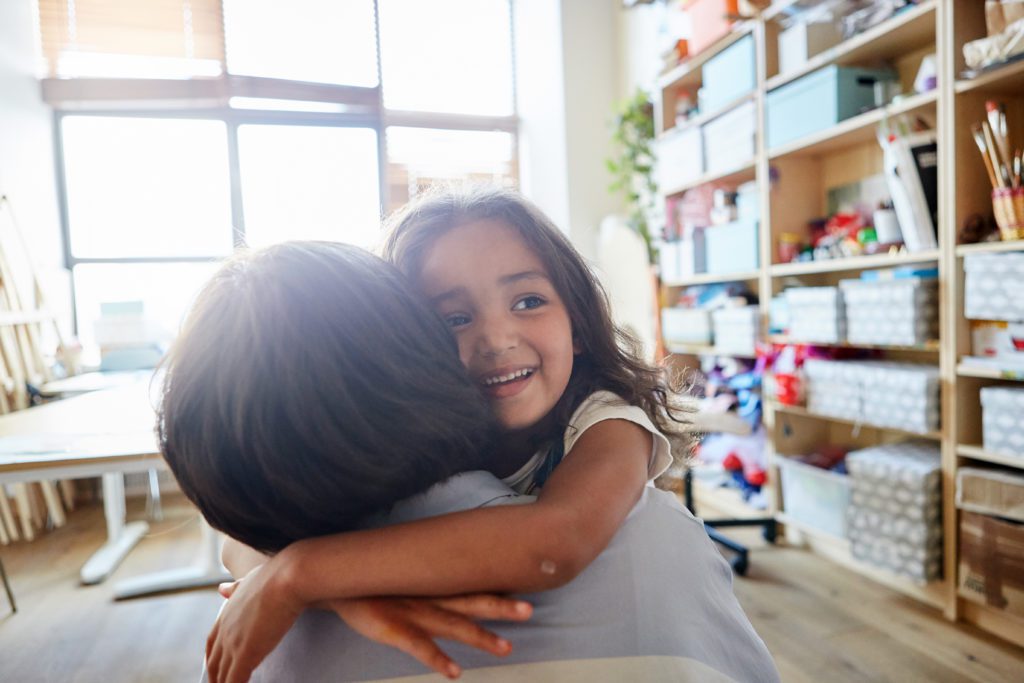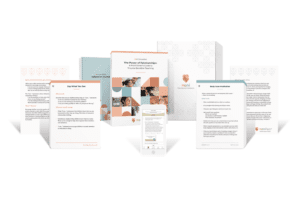Mitigating the Impact of Trauma and Adverse Childhood Experiences: The Power of Relationships

In classrooms across the country, teachers face a host of new challenges stemming from the stressful and even traumatic circumstances experienced by so many children and their families throughout the pandemic. Teachers play a critical role in children’s ability to heal from traumatic experiences—but often have limited guidance on what to look for or how to help. This webinar will support teachers in building trauma-sensitive classrooms by exploring:
- the basics of trauma and adverse childhood experiences (ACEs) and their impact on educators and on classroom communities,
- the impact of stress-related challenges that the past year has had on so many children and families,
- how to recognize and begin to address challenging or dysregulated classroom behaviors that stem from exposure to trauma and ACEs, and
- strategies for building relationships with children that act as a buffer against the negative impacts of trauma.


Prior to the pandemic, more than two-thirds of children had experienced at least one traumatic event by the age of 16. Stress from the pandemic has increased this statistic and magnified concerns for our most vulnerable children. Creating trauma-sensitive classrooms has never been more important than it is right now, but teachers are facing unprecedented challenges.
In this three-part webinar series, we’ll explore ways that trauma-informed educators can mitigate the impact of trauma and adverse childhood experiences (ACEs) on young children. Throughout the series we’ll discuss the power of relationships, the importance of self-care for educators, and an exciting new tool to help educators understand, manage, and predict dysregulated child behaviors that stem from exposure to toxic stress and ACEs.
-
Mitigating the Impact of Trauma and Adverse Childhood Experiences: The Critical Importance of Self-Care for TeachersRecorded: Wednesday, March 2, 2022
-
Mitigating the Impact of Trauma and Adverse Childhood Experiences: Innovative Support for Building Trauma-Sensitive Classrooms with NoniRecorded: Wednesday, March 16, 2022

